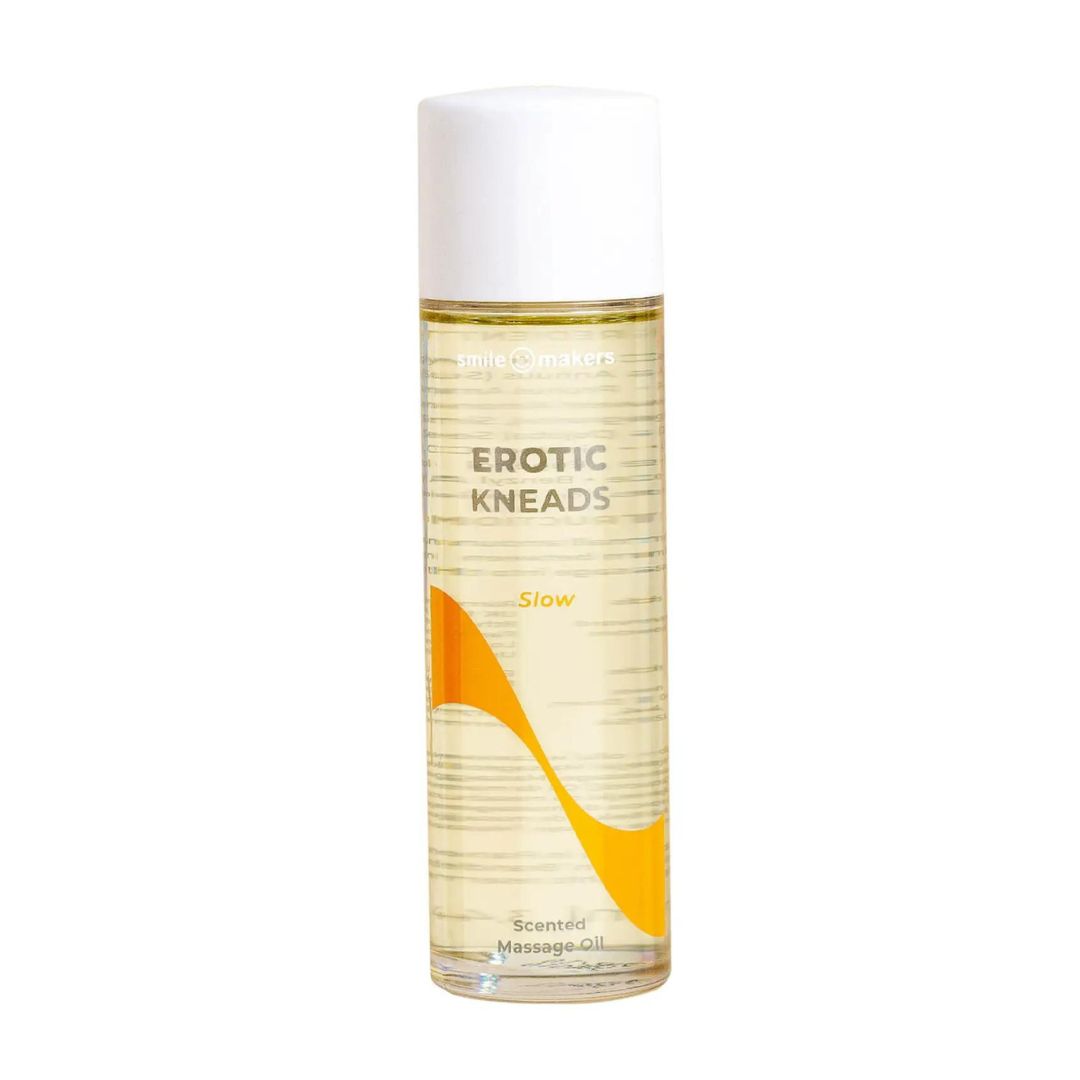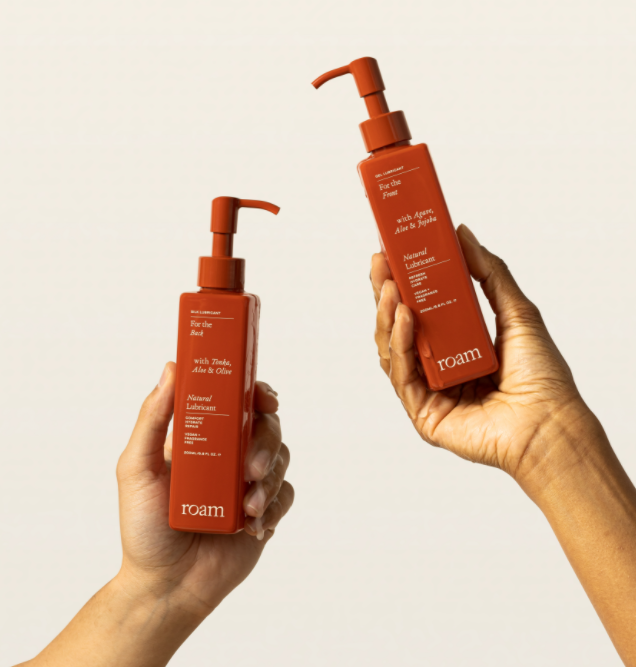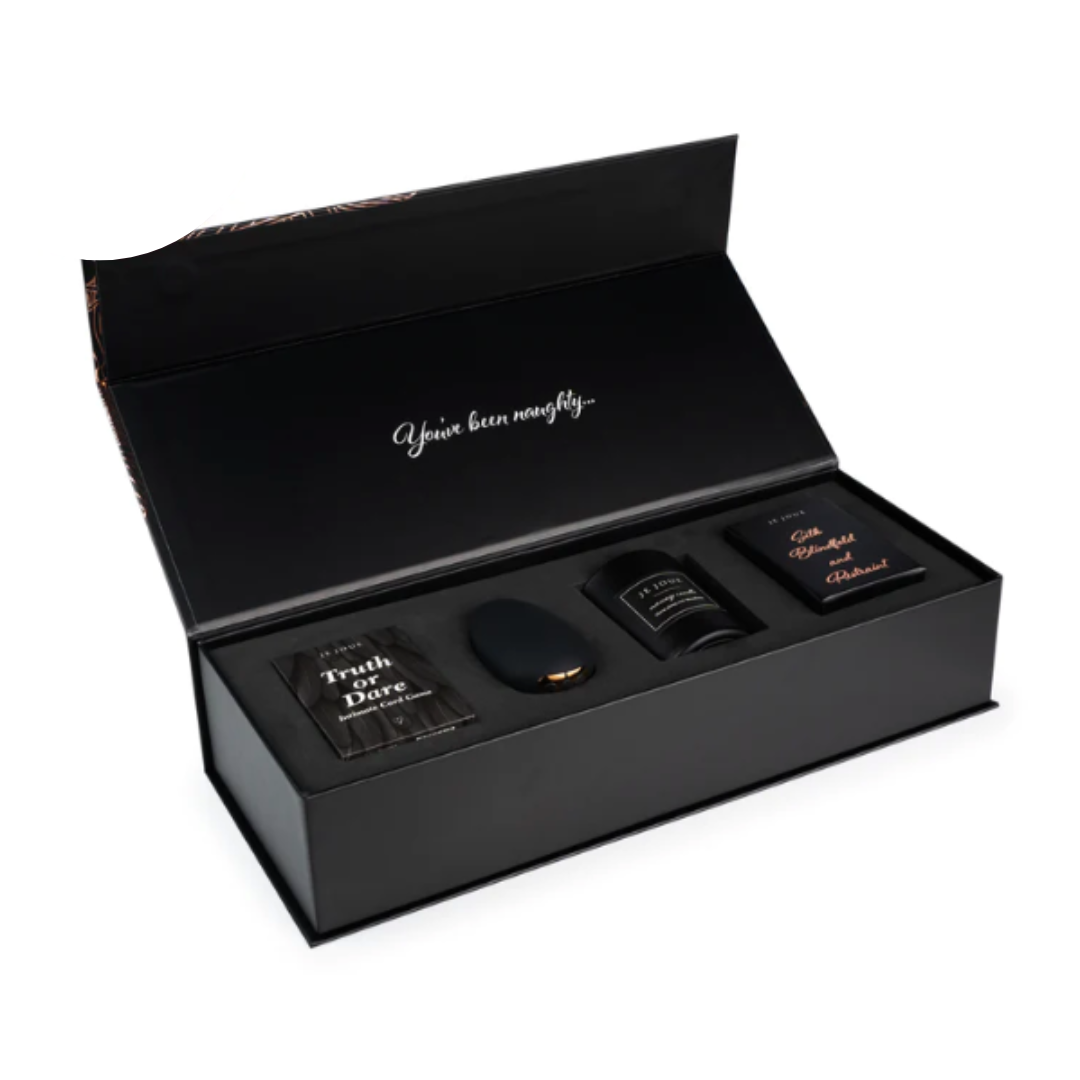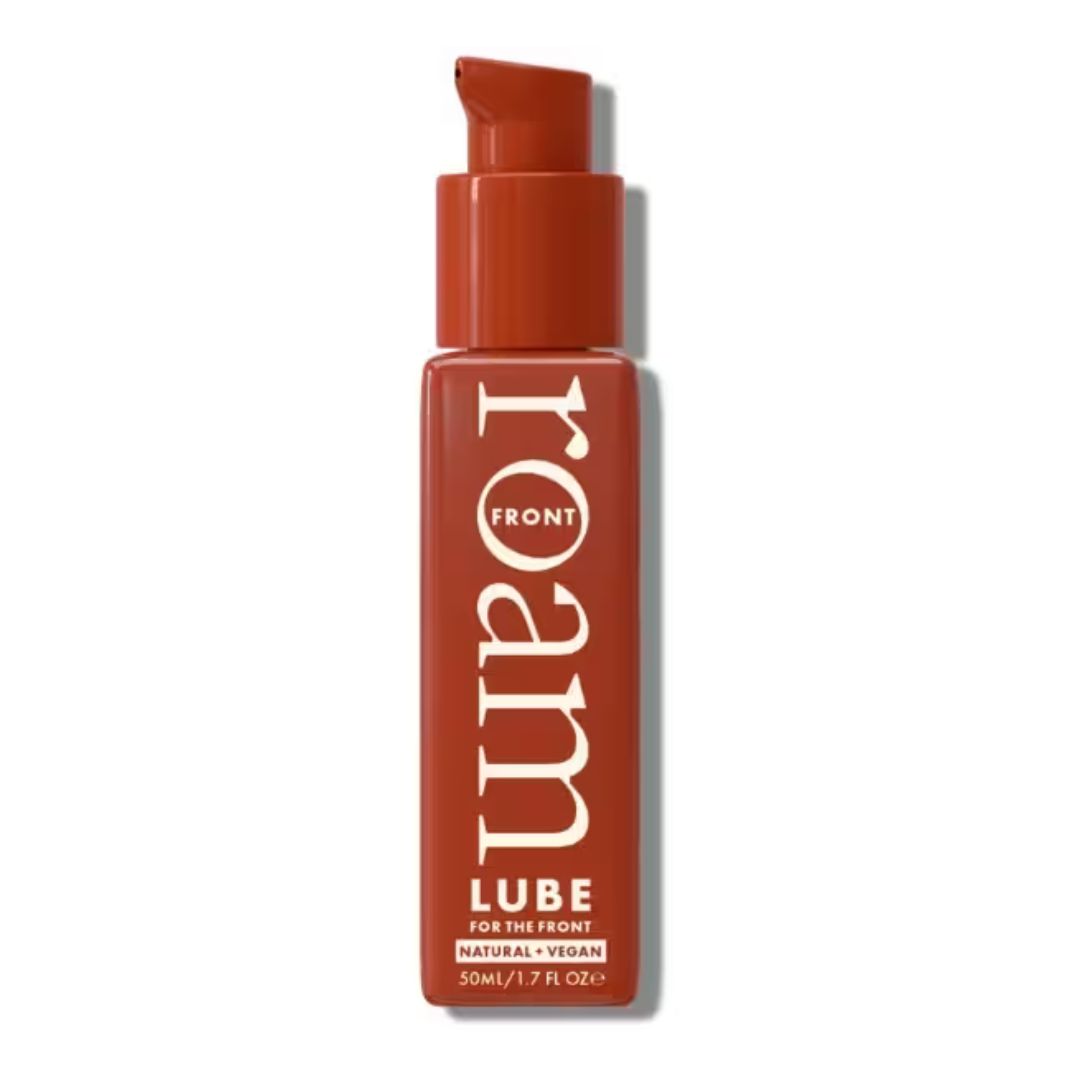What it feels like... to come too soon every time you have sex
A blessing... or a curse?

You'd assume that premature cumming isn't a life problem that'd top your "to sort" list. Far from it: again, you'd think that it'd be a good thing. Imagine it: being able to cum just minutes into sex. The stuff of dreams, right?
Sadly for the many that experience it, not really. For many women globally, cumming too soon is a guilt-riddled, shame-inducing problem that has plagued them for most of their adult lives.
We're big on sexual wellness here at Marie Claire UK and passionate that working out your groove when it comes to sex and relationships is key to a happy life. While most of us have experienced climax a little sooner than we'd of liked at some stage – thanks to either a talented partner or one of the best sex toys – for some women, premature cumming is a chronic mood killer.
Below, we define what exactly premature ejaculation means, plus one woman shares her personal story. Read what it feels like to be in an open relationship, to sleep with your best friend, and to have your first threesome, while you're here.
What female premature orgasm really feels like
How do you know if you're orgasming "too soon"?
FYI, there is no "normal" amount of time for a woman to reach orgasm, with most women reaching climax anywhere between five and 20 minutes into sex. If you're consistently coming one or two minutes in, you may be experiencing premature orgasm.
Sadly, as with most female health and sex issues, women prematurely cumming is nowhere near as researched as male premature ejaculation, but that doesn't mean it isn't happening. One preliminary Portuguese study into female premature orgasm found that 40% occasionally orgasm faster than intended during sex, and for 3% of those women, the problem is chronic.
On the findings, researcher Serafim Carvalho said: "For this group, female premature orgasm is more than bothersome. We think it causes as serious distress as in men."
Marie Claire Newsletter
Celebrity news, beauty, fashion advice, and fascinating features, delivered straight to your inbox!
Here, one woman tells her story—of premature cumming, of trying to explain it to her husband, and of overcoming her demons, once and for all. If you yourself are struggling with sexual dysfunction, do book an appointment with a specialist and know you are not alone. It's their job to help you get through it, and what you're going through is perfectly normal.
"I always come before my husband, but I'd really like to be able to last longer."
"On the sofa, two minutes into sex, me on top of him, and there it was – that telltale pulsing sensation. Then, boom – I’d orgasmed. “Did that just happen? Already?” my husband asked. There hadn’t even been any foreplay and I was done. A familiar guilt crept in."
"Men who ejaculate prematurely get a bad rap, and I can sympathise. I always come before my husband, and nine times out of ten it’s way before. In fact, I only last about five minutes, whereas he takes more like 20. My friends think I’m lucky, and I know what they mean, but sometimes I’d really like to be able to last longer. After all, I enjoy being intimate with him, and coming too fast often makes me feel like I’ve ruined the moment."
"Unlike a man who can't carry on after coming because he goes soft, technically I can, but we have to use lube or change position, otherwise the stimulation can be too much for me. And once I’ve come, it’s difficult for me to stay aroused. (I’m a "one and done" girl – I don’t often have multiples) so that 15-minute wait for him to orgasm can feel like forever."
"To speed him up, I’ll pinch his nipples or talk dirty. Occasionally, I find myself thinking, “Am I doing something wrong? Isn’t he attracted to me?” and sometimes we’ll just stop because he can tell that I’m not feeling it. I’ll give him a hand- or blow-job, or let him know it’s OK to use a Fleshlight. My speed doesn’t seem to bother him; he’s glad I can get off so fast. He’ll prance around the house for a good hour afterwards, feeling rather proud of himself."
"While there’s this idea women want a man who can last forever, I sometimes think it’d be nice if mine came within two minutes, too, so I’d be sure we were both satisfied. I get so aroused during foreplay that we only ever do it when we’ve been drinking because alcohol dulls the sensation a little. He likes foreplay but doesn’t need it, as such, though I do focus on him more than myself (blow-jobs, bob-jobs, spankings) – anything that will stimulate him so we’ll come closer in time when we do have sex."
"I’ve tried everything to delay coming, from shifting position to thinking about a dog that died. I won’t do that again. I’ve also tried to pretend that I haven’t orgasmed when I have. It doesn’t work – he can feel the contractions. I’m actually glad of this. After all, part of the intimacy of sex is how vulnerable you are when you orgasm and lose control of your body. Films and TV reinforce the idea that couples should come together, which isn’t real life. My husband says, “I don’t care if you finish first, just let go.”
"Being able to orgasm without a struggle is liberating, and I allow myself to have the good time I should. When we first got together, he always came first and it took me around 40 minutes. It wasn’t until I became comfortable with him that the tables turned. Not focusing on sucking in my stomach or worrying about how I looked. Women are taught to focus on a man’s pleasure, but once I started focusing on mine, the orgasm came. I remember the first time I orgasmed quickly, about six months in, and he asked, “Was I doing something different?” I said, “No – I was.”"
"Now my body is so tuned into getting aroused, there’s no stopping it. If I want a quick release, I can masturbate and come within minutes. We have sex more often now, as all it takes is my husband to come up behind me, push my hair aside and kiss my neck to get me excited, because I know I’m going to come. That’s a powerful feeling."
Shop MC UK's go-to sexual wellness products now

Massage oil can be a great way to kick intimacy off if you're a beginner (plus, it'll help your muscles feel great).

Ally Head is Marie Claire UK's Senior Health and Sustainability Editor, nine-time marathoner, and Boston Qualifying runner. Day-to-day, she heads up all strategy for her pillars, working across commissioning, features, and e-commerce, reporting on the latest health updates, writing the must-read wellness content, and rounding up the genuinely sustainable and squat-proof gym leggings worth *adding to basket*. She also spearheads the brand's annual Women in Sport covers, interviewing and shooting the likes of Mary Earps, Millie Bright, Daryll Neita, and Lavaia Nielsen. She's won a BSME for her sustainability work, regularly hosts panels and presents for events like the Sustainability Awards, and is a stickler for a strong stat, too, seeing over nine million total impressions on the January 2023 Wellness Issue she oversaw. Follow Ally on Instagram for more or get in touch.
-
 Looking for a sex app? 15 best for sexual wellness and no strings hookups
Looking for a sex app? 15 best for sexual wellness and no strings hookupsAka, the pro's top picks.
By Ally Head
-
 Kamasutra positions promise to spice up your sex life - these are the 7 best
Kamasutra positions promise to spice up your sex life - these are the 7 bestYou're welcome.
By Ally Head
-
 Nearly 70% of you find Valentine's Day stressful - 6 tips for making it enjoyable, whether you're taken or single
Nearly 70% of you find Valentine's Day stressful - 6 tips for making it enjoyable, whether you're taken or singleAnd affordable, too.
By Ally Head
-
 Can you die from a broken heart?
Can you die from a broken heart?What *does* become of the broken hearted?
By Mischa Anouk Smith
-
 Turned on by the idea of bondage for beginners? 9 simple tips for giving it a go tonight
Turned on by the idea of bondage for beginners? 9 simple tips for giving it a go tonightThinking about giving bondage a try? Here are your need-to-knows...
By Ally Head
-
 Sex games promise to spice up your love life immediately - 7 best to try
Sex games promise to spice up your love life immediately - 7 best to tryYou'll want to bookmark these ASAP.
By Ally Head
-
 What it feels like... to be in an open relationship
What it feels like... to be in an open relationshipCurious about hooking up with others while maintaining your current romantic relationship? Say no more.
By Ally Head
-
 Looking for the best lube? 13 to buy now, according to our team of sex and intimacy experts
Looking for the best lube? 13 to buy now, according to our team of sex and intimacy expertsIt's been proven that people who use lubricant have better sex.
By Ally Head




